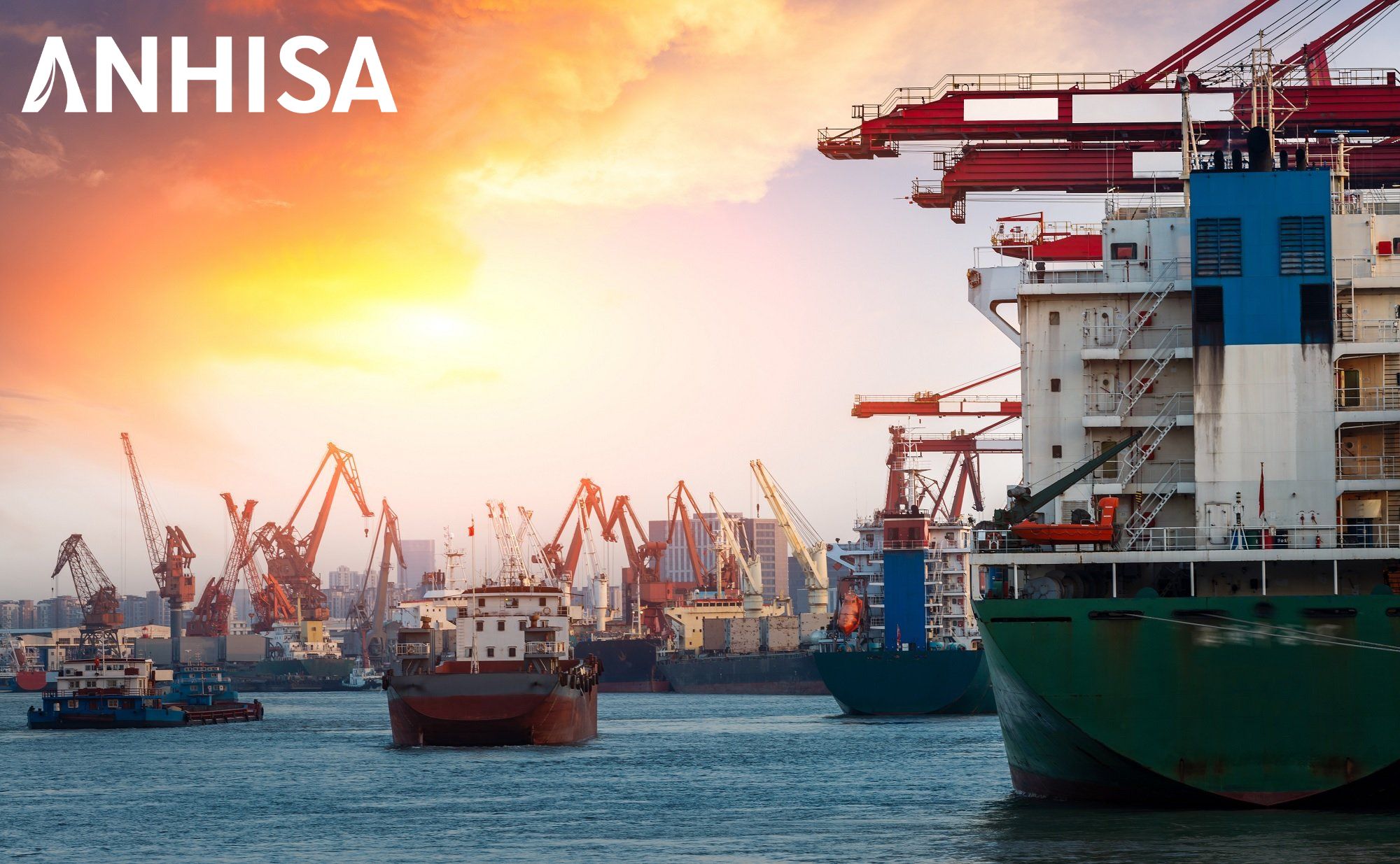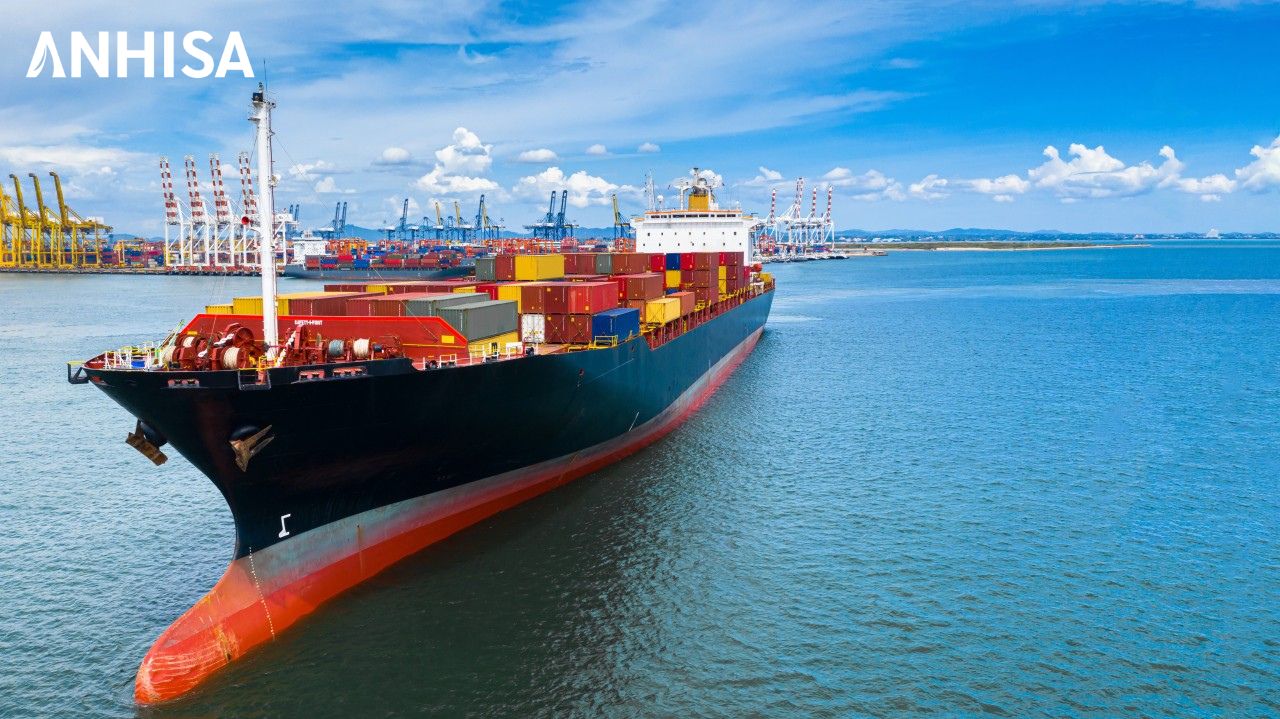SHIP ARREST IN SOUTH KOREA: CLAIM FOR HIRE UNPAID BY CHARTERERS
June 12, 2025
Foreword
It is, unfortunately, not uncommon for charterers to fail to pay hire as agreed upon in the charter party agreement. When faced with such situations, Shipowners often resort to legal action to recover the unpaid hire from the Charterers. Legal action may involve various steps and considerations, one of which is the application for an arrest against the ship owned by the Charterers in appropriate jurisdictions.
Secure the claim of unpaid hire by arresting the ship
Ship arrest is a legal remedy available to maritime creditors, such as Shipowners, to secure payment of outstanding debts. When Charterers fail to pay hire as per the charter party, the Shipowner may seek to arrest the vessel to enforce their claim. Such an arrest can be a potent legal tool for Shipowners to compel Charterers to address unpaid hire obligations. However, Shipowners should be aware of the legal procedures and potential consequences associated with ship arrest, including the possibility of counterclaims and damage to commercial relationships.

Ship arrest in South Korea
Korea has not ratified the 1952 Arrest Convention or any other international instrument relating to the arrest of ships. Ship arrest procedures in South Korea are governed by the country’s Maritime Act and related regulations, which are known as obtaining the prejudgment attachment.
A case shows that due to a claim for hire unpaid by Charterers, the Shipowners filed a petition for ship arrest against Charterers with the competent court in South Korea. The petition should contain the breakdown of outstanding hire together with supporting documents, such as related invoices. Besides, countersecurity was provided for the ship arrest. It takes about business days to obtain the prejudgment attachment from the Korean courts after all the required documents and counter security were submitted. To physically detain the ship, a separate order for the maintenance and preservation of the ship should be obtained further.
When Shipowners applied for ship arrest due to unpaid hire, it put pressure on charterers to settle their outstanding debts. This pressure arose from the fact that the Charterers cannot operate the ship while it is under arrest, which can lead to financial losses and disruptions to their business operations. Therefore, Charterers had no choice but to negotiate and pay the outstanding hire to have the ship released and resume normal operations.

ANHISA LLC AND OUR EXPERTISE
ANHISA LLC is a boutique law firm specializing in Dispute Resolution, Shipping and Aviation. Being the leading lawyers in various fields of law, our qualified, experienced, and supportive team of lawyers know how to best proceed with a case against or in relation to Vietnamese parties and are well equipped to provide clients with cost-effective and innovative solutions to their problems.
Regarding dispute resolution, we have represented Vietnamese and foreign clients in the resolution of disputes involving maritime, construction, commercial and civil matters. Our lawyers are well-equipped to offer services on a wide range of disputes and conflicts, whether cross-border or purely domestic, to appear before any Judges or Arbitral Tribunals. The firm is prepared to assist clients in designing the appropriate dispute resolution procedure to help resolve conflicts as efficiently and cost effectively as possible, which may involve combining elements of mediation and other methods such as arbitration.
AUTHORS
DANG VIET ANH
Managing Partner
Mobile: (+84) 983 467070
Email: anh@anhisa.com
NGUYEN THI TUYET MAI
Senior Associate
Mobile: (+84) 939 117398
Email: mai@anhisa.com
This article aims to furnish our clients and contacts with general information on the relevant topic for reference purposes only, without creating any duty of care on the part of ANHISA. The information presented herein is not intended to serve, nor should it be considered, as a substitute for legal or other professional advice.
Related posts

VIETNAM – SHIPPING LAW PRACTICE: MARITIME ADMINISTRATION’S INVESTIGATIONS IN VESSEL COLLISIONS
August 06, 2025

SHIPWRECK: RESOLUTION FOR INVOLVED DISPUTES
July 23, 2025
- EMAIL:
- om@anhisa.com
- office@anhisa.com
- TEL:
- Hanoi Office: +84 24 320 47609
- Saigon Office: +84 28 5416 5873
- HOTLINE:
- +84 (0) 939 117 398
- +84 (0) 983 488 380



